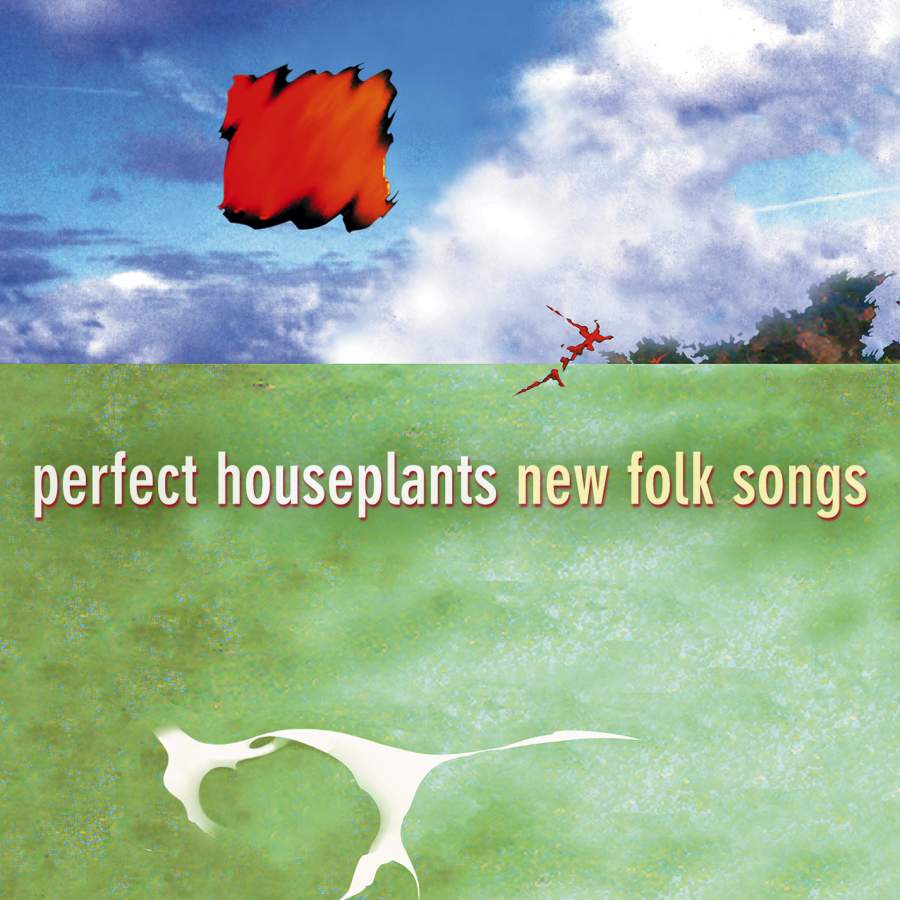Logowanie
Dziś nikt już tak genialnie nie jazzuje!
Bobby Hutcherson, Joe Sample
San Francisco
SHM-CD/SACD - NOWY FORMAT - DŻWIĘK TAK CZYSTY, JAK Z CZASU WIELKIEGO WYBUCHU!
Wayne Shorter, Freddie Hubbard, Herbie Hancock, Ron Carter, Elvin Jones
Speak no evil
UHQCD - dotknij Oryginału - MQA (Master Quality Authenticated)
Chesky! Niezmiennie perfekcyjny
Winylowy niezbędnik
ClearAudio
Double Matrix Professional - Sonic
najbardziej inteligentna i skuteczna pralka do płyt winylowych wszelkiego typu - całkowicie automatyczna
Perfect Houseplants
New Folk Songs
If you take the trouble to call yourselves Perfect Houseplants, it's worth hanging in there and these particular pots have been together for around a decade. The intricacy reflects this:all tracks are thoroughly organised yet not over-arranged, and musicians effortlessly weave in and out of each other's way. The album title indicates where the Houseplants come from. An indirect influence possibly stems from the fuss caused when Britain was first exposed to Ivo Papsov. During his Bulgarian Wedding Band's flavour-of-the-month period, everyone got a taste for 15/16 and the like. By opening new expressive areas and by underlining that swing crosses time-signature boundaries, Papasov also got jazzers off the hook of being accused of copying Americans. A couple of tunes came to mind while listening. "Pageant" by Mark Lockheart slips into a jig that recalls Brubeck's "Blue Rondo A La Turk", of which echoes reappear on "The Barford Angel" and "Et Dixon", both composed by Huw Warren. The most way-out rhythm which I couldn't fathom before reviewing deadline, is probably that of Warren's "Holding Back" : its maidenly voyage-type structure serves as a springboard for the emotionally gripping solo from Lockheart's soprano. Another rhythmic conundrum, "Bubbles" by Dudley Philips, gets close to smooth jazz without sliding into glitz. A Houseplants tradition of compositions being powered by near-boogie beats is upheld by Warren's "Masion". One of three numbers to deploy the recorder to maximum effect, "New Song Old Song" by Warren moves from a typically complex opening to relaxed solos from Lockheart, flowing on a tenor with a tone that rests unfashionably easy on the ear, and the underrated Warren. At some point, someone plays something vaguely resembling "What Shall We Do With A Drunken Sailor?", which crops up later on Lockheart's "Earl's Slog". Still,shanties count as folk. Ronald Atkins - Jazz Review































